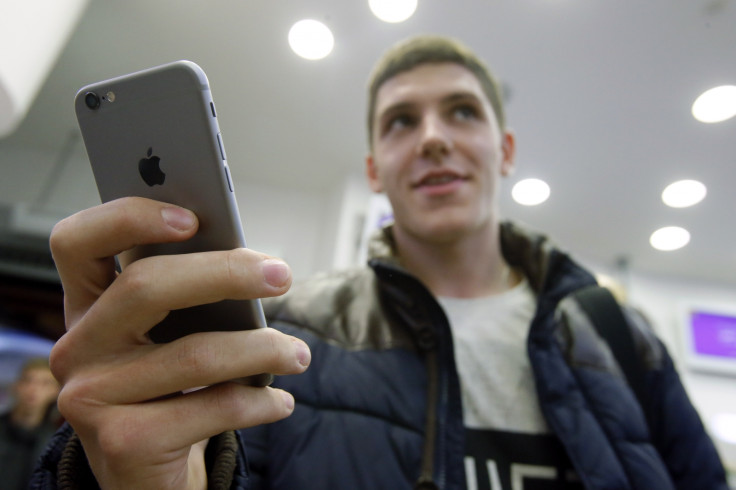iPhones are like comfort blankets and owners struggle mentally without them nearby

Being separated from your smartphone causes anxiety and negatively impacts your ability to perform mental tasks like crosswords.
An experiment conducted by the University of Missouri-Columbia has found how iPhone owners suffer "serious psychological and physiological effects" including poor performances on cognitive tests like word searches when their phone isn't close by.
Researchers behind the experiment have concluded that iPhone users "should avoid parting with their phones during daily situations that involve a great deal of attention, such as taking tests, sitting in conferences or meetings, or completing important work assignments," as it could result in "poorer cognitive performance".
Lead author of the study, Russell Clayton, a doctoral candidate at the MU School of Journalism, said the results of the study also suggest that "iPhones are capable of becoming an extension of ourselves such that when separated, we experience a lessening of 'self' and a negative physiological state."
It was found that iPhone users unable to answer their ringing handset while solving simple word search puzzles experienced increased heart rate and blood pressure, plus feelings of anxiety and unpleasantness. Performance (the number of words found in the puzzle) also decreased compared to when their iPhones were nearby.
The experiment was carried out by telling the participants they were testing a new wireless blood pressure monitor. Participants completed the first puzzle with their iPhones nearby, but were then asked to hand over the phone due to "Bluetooth interference" with the monitor; their phones were placed at the other side of the room and another puzzle was handed out.
While working on the puzzle, researchers called the participants' iPhones and it was found that when they couldn't answer it, because it was out of reach, they had a "significant" increase in anxiety, heart rate and blood pressure, plus a significant decrease in puzzle performance.
© Copyright IBTimes 2025. All rights reserved.






















